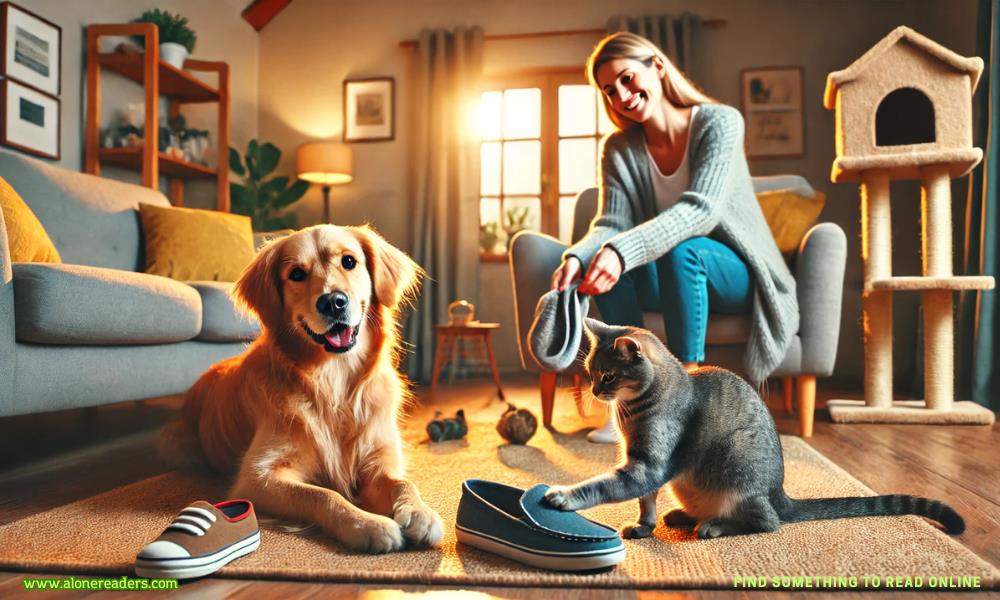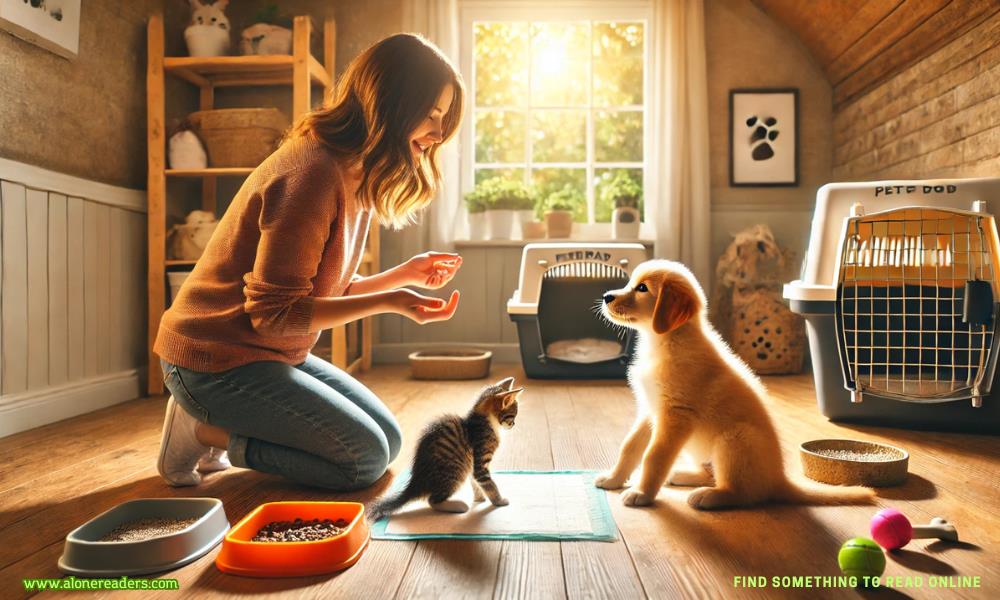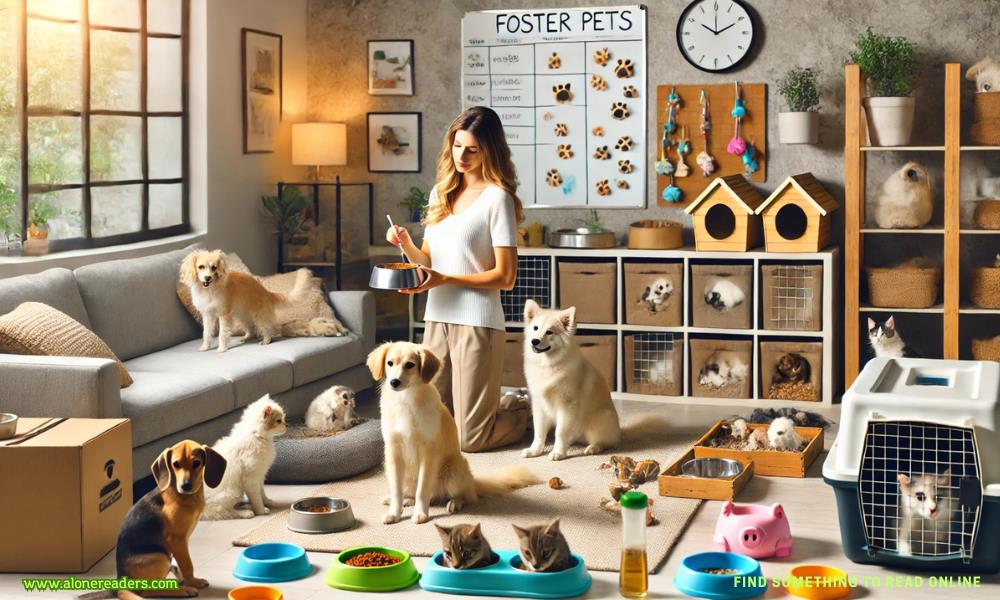Page 17 of Dirty Looks
“And then you became a cop,” I said, understanding what drove Martinez a little better now.
“Oh yeah,” he said. “I always wanted to be one. There were several cops who worked off-duty details trying to protect my family, and I watched the homicide detectives come and work the case after the pipe bomb. I was obsessed. I realized pretty early on that it was a calling to want to protect those who were weaker or who needed help.”
“Nice to know you’re not doing it for the paycheck,” I said.
He snorted out a laugh. “When my abuelo died he left me in charge of the family business.”
“I thought he sold the business,” I said.
“He sold the oil business,” Martinez corrected. “But my abuelo knew a thing or two about investing money, the stock market, and real estate holdings. So I’m officially the president of the Toro Corporation, though I’ve hired people to see to the day-to-day operations. I don’t have the time or energy for more than quarterly board meetings at this point.”
“And your family?” I asked.
“Grateful that I make sure they all get dividends and have healthy portfolios so none of them ever has to work another day in their lives. But resentful that I hold the purse strings and that abuela doesn’t hide it that I’m the chosen one.”
“I can see why she’d be upset about you not continuing on the Martinez line,” I said, brows raised.
“Yeah, well,” he said uncomfortably. “Like you said, it was a lot of pressure to put on a little kid about being the key to the family legacy. I had a rebellious moment in college where I decided I was tired of being everyone’s puppet and that’s when I got it done.”
I wasn’t sure what it was, but I sensed a little bit of regret in Martinez’s youthful indiscretion.
“You can always get it reversed,” I told him.
He grunted and then turned onto High Pointe Avenue, where trees and manicured flower beds lined the street, and the small lake the community was built around glinted like glass in the distance.
He pulled into the curved driveway of a traditional Colonial with red brick and white columns just as the sky opened up and the rain started to fall.
CHAPTER SIX
“Maybe no one is home,”I said, looking around. “No cars in the driveway.”
“Maybe they park in the garage,” Martinez said.
“Do people actually do that?”
“That’s the rumor,” he said.
I pulled the hood up on my raincoat and opened the door, hurrying to the covered front entry.
“Is it me or does this kind of look like the house fromHome Alone?”
Martinez snorted out a laugh and rang the doorbell. It wasn’t long before an older woman with short silver hair answered the door. She wore neat navy slacks and a white blouse.
“I’m Detective Martinez,” he said, showing her his badge. “And this is Dr. Graves. We need to speak to the Lidles.”
A look of fear flashed across the woman’s eyes and she licked her lips nervously. “Only Mrs. Lidle is here,” she said. “The girls are all home from school sick, so things have been a little hectic this morning. Come in out of the wet.”
We thanked her and stepped into a generous foyer. There was a large staircase of pale oak and a round table with fresh flowers in a vase. I was surprised at the warmth inside. It washomey, despite the size of the house. There were obvious signs that a family lived here—framed pictures on the wall behind the stairs, a toy car stuck under the entry table, and a pink backpack tossed in a corner.
“Do you live here, Ms…?” Martinez asked her.
“Oh,” she said, surprised. “I’m Marsha Callan.” She extended her hand to Martinez politely and then to me. “Sorry, I’m not used to the police showing up at the door. My brother got into a bit of trouble with drugs when he was in high school, and my memories of the cops showing up at our house aren’t my favorite.”
“No, I could see why that would color your experience,” Martinez said, smiling kindly to put her at ease. “No one is in trouble.”
“I’m the housekeeper,” she said. “I come in two days a week and clean up, do laundry, and do some meal prep for the rest of the week. Mrs. Lidle has her hands full between the girls and all their activities.”
My gaze drifted to the big family portrait on the wall, and I stared into the face of Evie Lidle, sitting nestled between her parents and four sisters. They all looked like a carbon copy of each other—dandelion fluff white hair and blue eyes. The girls looked just like their mother, and in the center of the picture was Everett Lidle, smiling proudly. They looked like an all-American family.
- Steal Me by Marian Tee
- Earn Me by Marian Tee
- Own Me by Marian Tee
- Forced Bratva Bride by Veda Rose
- Never Kiss Your Neighbors by Stephanie Brother
- Preacher by L. Wilder
- The Pucking Wrong Rookie by C.R. Jane
- Aftermath by Cara Dee
- Ex's Accidental Baby by Callie Stevens
- Play Maker by M.J. Fields
- Cruel Secrets by Kira Cole
- Wicked Savage by Lilian Harris
- The Don's Proposal by Nyla Lily
- His Little Spitfire by Nyla Lily
- Journey to Love by Tanya Reed
- Sold to the Fighter by Cassi Hart







